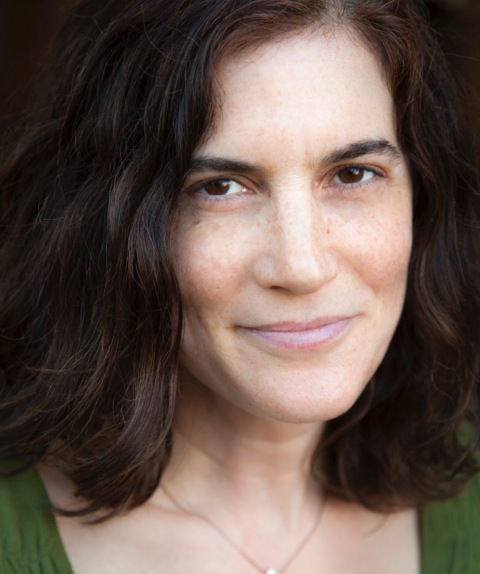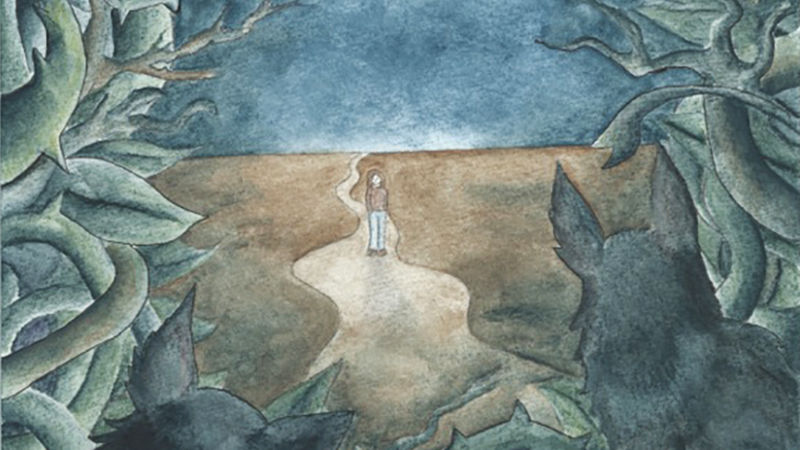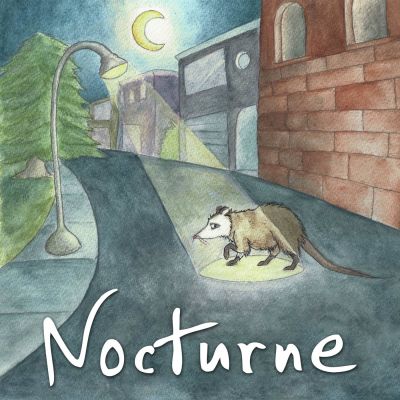In the process of getting to know Vanessa Lowe through her podcast, Nocturne, the first thing listeners learn is that she is not a night owl. This may seem strange for someone who spends the majority of her waking hours creating stories that “peer into the dusty corners of the night.” But the Berkeley-based producer is both intrigued and at times admittedly frightened of what happens in the dark.

“So many times the things that scare us are things we just don’t understand,” says Lowe, who worked as a clinical psychologist while moonlighting as a singer/songwriter before starting Nocturne in 2014. “I’ve found that when I notice a barrier in my experience that’s coming from within me I feel very drawn to go up against it and see what will happen.”
Nocturne may sound like a form of audio therapy, but Lowe is not just facing her fears on tape — she’s also aiming to build a distinctive emotional atmosphere with each episode. The result is an elegantly-crafted podcast (produced in part by her partner, film sound designer Kent Sparling, who also composes music for movies), that Lowe describes as “a hybrid form of audio storytelling that blends elements of documentary, fiction, and sound-art.”
How has being a performer influenced your podcast personality?
The main thing is I’m not uncomfortable hearing my voice. A lot of people are like, “How can you listen to yourself talk?” And I’m just really used to that from being up on stage. One of the things I’m loving about doing the podcast is I feel like I’m not the focus the way I am when I’m performing music. There’s a thrill to performing your own stuff but this feels really rich and balanced for me and it suits my personality in a more comfortable way than being front and center.



